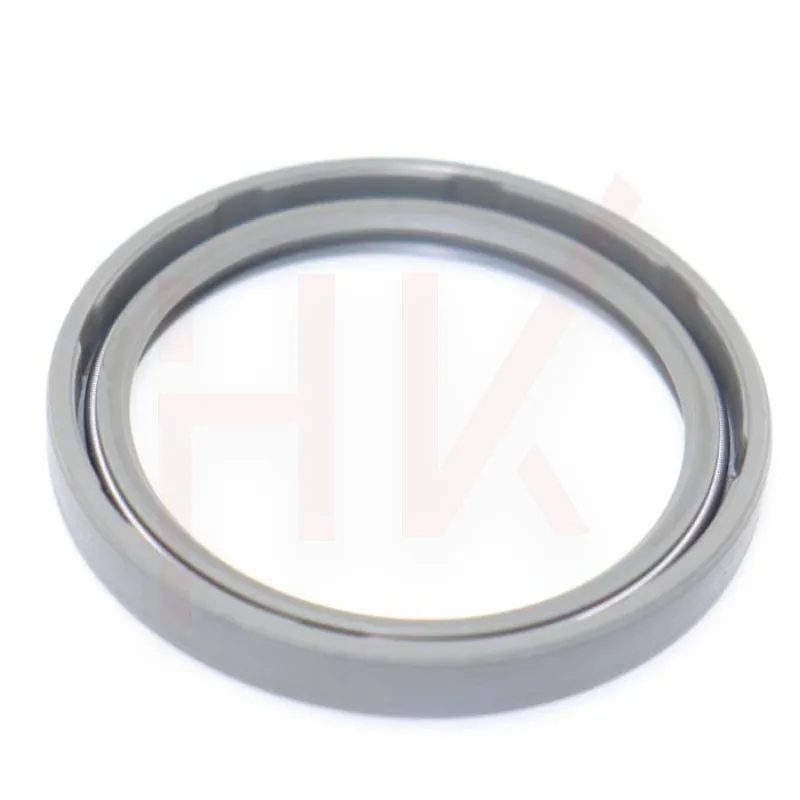ئیلول . 17, 2024 12:33 Back to list
Hydraulic Pump Seals - Reliable Solutions for Fluid Power Systems
Hydraulic Pump Seals Essential Components for Performance and Longevity
Hydraulic pumps are pivotal in many industrial applications, facilitating the transfer of hydraulic power through fluids. A crucial element in the efficient operation of these pumps is the hydraulic pump seal. Seals are designed to prevent fluid leaks, maintain pressure, and ensure the reliable functioning of hydraulic systems. Understanding the role and importance of hydraulic pump seals can significantly enhance the performance and lifespan of hydraulic machinery.
Functionality of Hydraulic Pump Seals
Hydraulic pump seals serve several essential functions. Primarily, they prevent hydraulic fluid from leaking out of the pump, which is vital for maintaining the required pressure to operate the system effectively. Leaks not only lead to reduced efficiency and fluid loss but also create a risk of contamination in the hydraulic circuit. Moreover, seals help to prevent the ingress of dirt and debris into the pump, which could cause significant damage over time.
There are several types of seals commonly used in hydraulic pumps, including O-rings, lip seals, and mechanical seals. O-rings are circular in shape and provide a tight seal in static and dynamic applications. Lip seals, on the other hand, are effective in preventing leakage in rotating equipment and are often used in conjunction with bearings. Mechanical seals are more complex and can handle higher pressures and temperatures, making them suitable for demanding environments.
Material Considerations
The materials used for hydraulic pump seals are critical to their performance and durability. Common materials include rubber, polyurethane, and various synthetic compounds. Rubber seals are versatile and widely used due to their resilience and flexibility, while polyurethane provides excellent abrasion resistance. For more harsh environments, seals made from synthetic compounds, such as PTFE, can withstand extreme temperatures and chemical exposure.
hydraulic pump seals

Selecting the right material hinges on several factors, including the operating temperature, pressure, and the type of hydraulic fluid used. It is vital to consult with manufacturers and engineers to choose seals that will perform optimally under specific conditions.
Maintenance and Inspection
Routine maintenance and inspection of hydraulic pump seals are necessary to ensure their effectiveness. Regular checks can help identify signs of wear, such as cracks or deformation, which could indicate that the seals need to be replaced. Additionally, monitoring fluid levels and performance can help detect leaks early, preventing more severe issues down the line.
Proper installation is equally important. Following manufacturer guidelines during installation ensures that seals are correctly fitted, minimizing the risk of early failure. Utilizing the right tools and techniques can extend the life of the seals and the hydraulic system as a whole.
Conclusion
In summary, hydraulic pump seals play a critical role in the efficiency and longevity of hydraulic systems. Understanding their functions, selecting appropriate materials, and committing to regular maintenance can lead to better performance and reduced downtime. As industries continue to rely on hydraulic power, the importance of high-quality seals cannot be overstated. Investing in the right seals and maintaining them diligently will ultimately save time and resources, reflecting positively on overall operational efficiency.
-
Understanding Oil Seals and Their Role in Machinery Efficiency
NewsApr.08,2025
-
The Importance of Seals in Agricultural and Hydraulic Systems
NewsApr.08,2025
-
Essential Guide to Seal Kits for Efficient Machinery Maintenance
NewsApr.08,2025
-
Choosing the Right TCV Oil Seal for Your Machinery
NewsApr.08,2025
-
Choosing the Right Hydraulic Oil Seals for Reliable Performance
NewsApr.08,2025
-
A Comprehensive Guide to Oil Seals and Their Applications
NewsApr.08,2025
-
The Importance of High-Quality Oil Seals in Industrial Applications
NewsMar.26,2025
Products categories
















